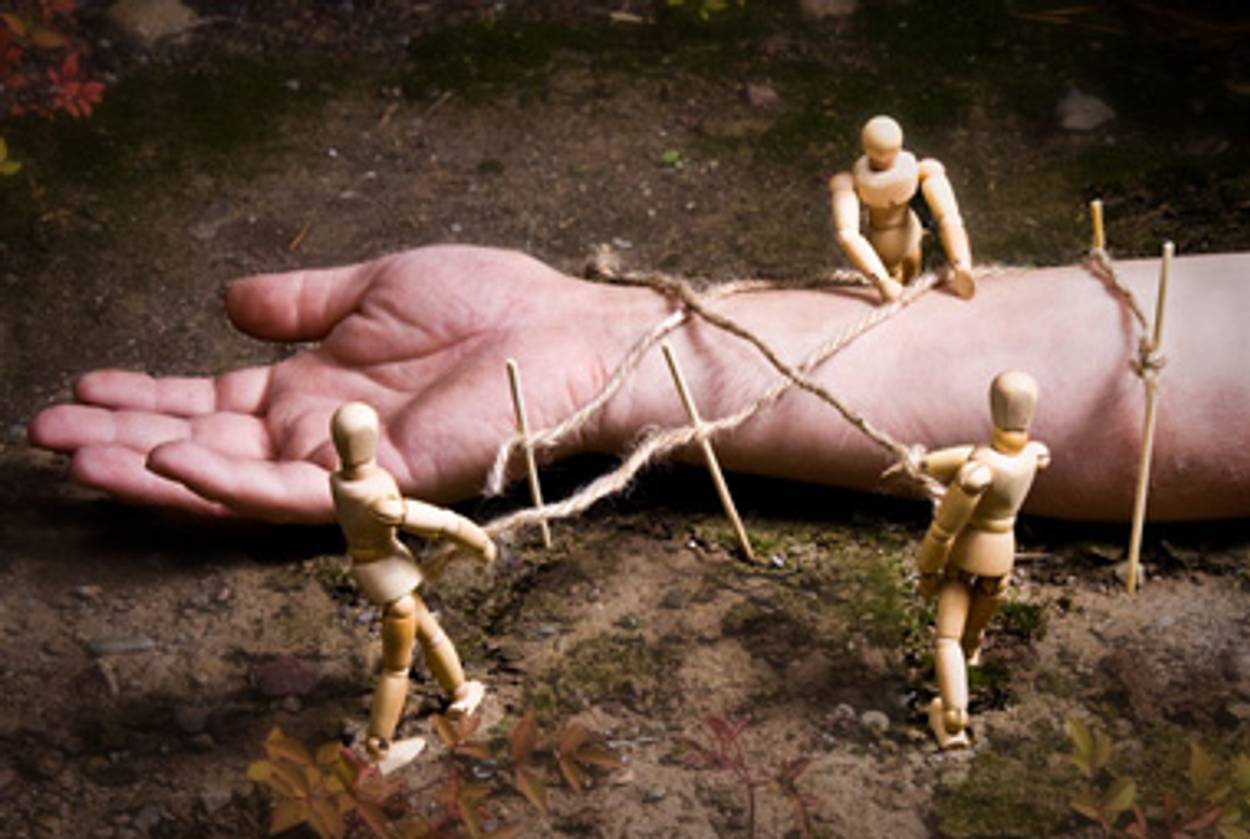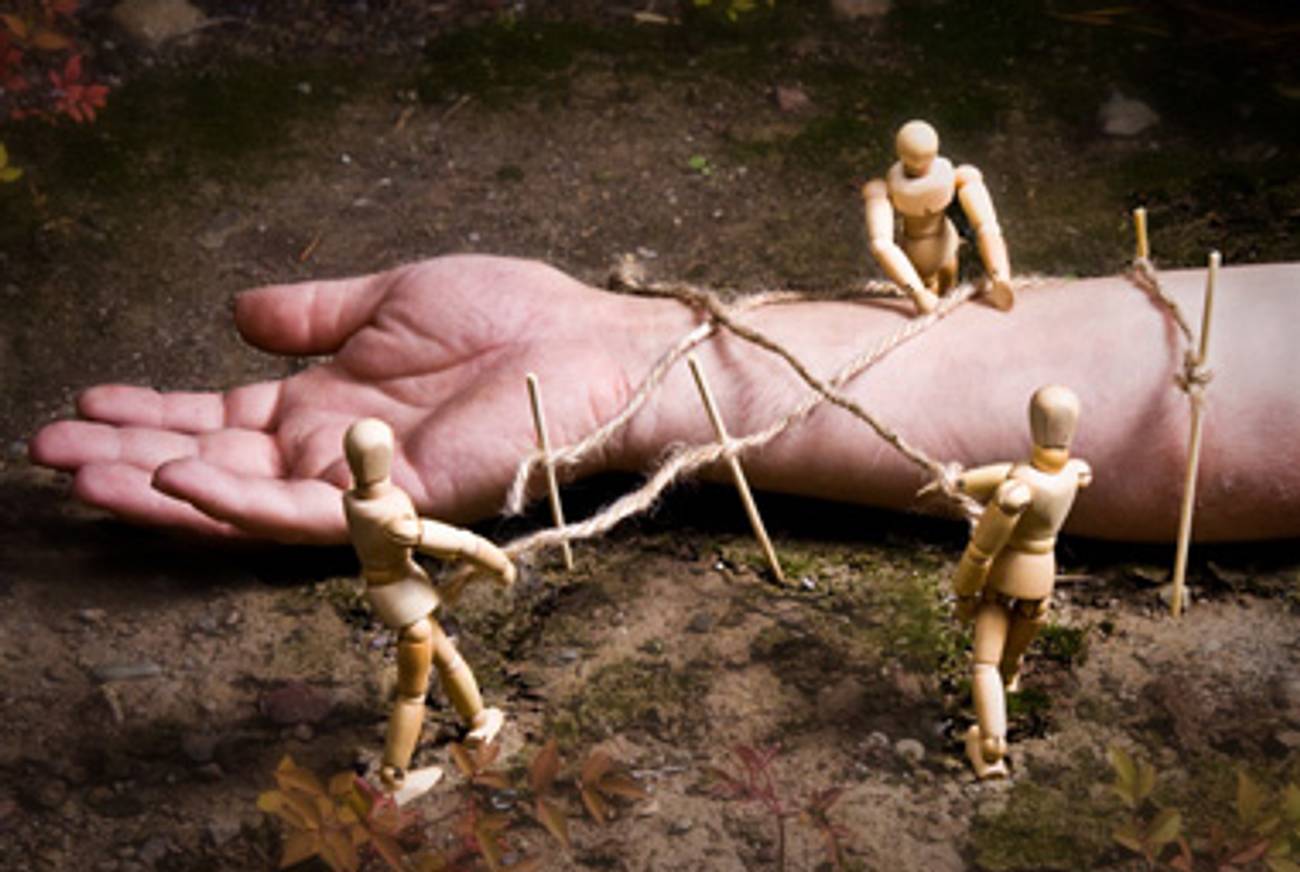Bottom Lines
A Torah portion of scary stories and final counts




The day they shut down the wine bar, I stood in the street and stared. Beyond the glass door, like still-warm cadavers, lay the things that had once made the bar a living place: bottles of wine, simple wooden chairs, a small refrigerator stacked with local cheeses. But there were no people inside, and a small, handwritten sign taped to the door said that there would never again be.
For most of my neighbors, I suspect, the wine bar was just another victim of economic brutality, the umpteenth small store alongside the neighborhood’s main artery that was felled by rising rents and ebbing disposable incomes. But for me, the wine bar was home. Three or four evenings a week, at around six or seven, I’d stumble out of my apartment, driven out by the din of a dozen television sets screaming stupidly from up and down the hall, and take my seat at the bar, really not more than a few chairs in the back of a small wine store. Often, I would bring my dog, Molly, along, letting her run freely around the store and watch with amusement as she’d sniff other people’s snacks. I often thought of the place as my own little Cheers—with Gewürztraminer instead of Budweiser—a place where everybody knew my name and were, well, always glad I came.
And then, one smoggy afternoon, it was gone.
Later, I learned from Joe, the bartender, that the collapse, though sudden, had been looming. The place’s owners had been signing new leases, opening up a restaurant downtown, taking out loans, and dreaming big. Even without the financial meltdown, Joe said, it would have been difficult to keep up with such rapid growth. Then, he and I reminisced for a little while about a few of the wilder evenings we’ve had at the bar, recalled some of its more eccentric regulars, and promised each other to stay in touch. We never did.
The day they shut the wine bar down, I thought about what keeps anything, or anyone, alive. In the case of businesses, a strong bottom line. In the case of people, the absence of disease. In the case of nations?
It’s a question the Israelites must have been pondering in the story depicted in this week’s parasha. Standing at the gates of the Promised Land, the dying Moses retells his bickering flock the story of the past four decades.
He’s a hell of a storyteller, the old man. His history is subtle and devastating, an epic song of the regions and the peoples bordering Canaan. Like the Zamzummim, “numerous and tall,” or the Avim, or the Heshbonites. All formerly great and mighty nations. All gone.
Listening to their leader speak, the Israelites—or, at least, the more introspective among them—must have sensed a thick and bitter unease drip down their throats. If the many and the proud found themselves annihilated, reduced from empires to memories, what chance did the 600,000 or so Hebrews who fled Egypt really have?
The faithful of the bunch must have waved off that thought completely, believing, maybe, that the children of Israel had nothing to fear because they were, after all, God’s chosen. Moses’ own tale seems to support this theory: he reminds the people that Caleb, alone among the generation of those who had first set out to find the Promised Land, will enter it, a reward for his righteousness.
Evidently, then, those Israelites who follow God’s laws have nothing to fear. The Lord, Moses promises, will carry them “as a man carries his son.” But the rest of the people? Those who angrily mumble in their tents, who disbelieve, who doubt? Should they expect to go the way of the Zamzummim? Or would their national affiliation alone suffice to protect them? Is chosenness unconditional? Is it forever?
Moses never says. Nearing the twilight of his life, he is done, perhaps, trying to reform his rambling people. But a close reading is enough to produce a stark and simple answer: God will never abandon the Israelites, because, by electing them as His chosen people, He condemned them to a never-ending process of self-discovery, an eternal struggle to try and be a better, more just, more perfect people. They’ll never succeed: men, by definition, are not holy, yet by choosing the Jews, God designates them as a “holy nation.” The Israelites needed 40 years in the desert to realize that holiness was never a destination but always a journey.
Michael Walzer, the author of the masterful Exodus and Revolution, makes this point very eloquently. God, he writes, will not “send the messiah until the people are ready to receive him. But when they are ready, it might be said, they won’t need a messiah.” In other words, there’s no End Time, just one long errand in the wilderness, with nothing but piety, responsibility and justice for a compass.
It’s a better deal than most businesses nowadays can expect, but also more than some of us can handle. Like businesses, we often read nothing on the balance sheet except for the bottom line. But take it from Moses: it doesn’t matter. It doesn’t even exist.
Liel Leibovitz is a senior writer for Tablet Magazine and a host of the Unorthodox podcast.
Liel Leibovitz is editor-at-large for Tablet Magazine and a host of its weekly culture podcast Unorthodox and daily Talmud podcast Take One. He is the editor of Zionism: The Tablet Guide.